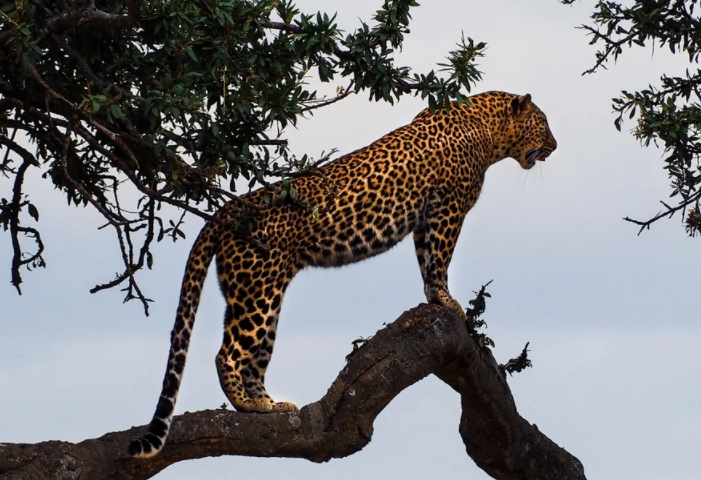Deerfield Management is revealing its latest gene therapy play in a pair of companies working on treatments for rare diseases and the not so rare.
Jaguar Gene Therapy comes out of stealth with a team of AveXis alumni, series A funding from Deerfield and access to the VC shop’s network of 18 academic institutions for potential future programs. It starts out with four preclinical-stage gene therapies, one of which is being developed at its subsidiary, Axovia Therapeutics.
Jaguar is working on treatments for galactosemia, an inborn error of metabolism; autism spectrum disorder with a genetic cause; and Type 1 diabetes, while Axovia is taking aim at disorders of the cilia, starting with a subtype of Bardet-Biedl syndrome.
“When we first entered on the scene and started with structuring Jaguar, Axovia already existed,” said Jaguar CEO Joe Nolan. He was formerly general manager of U.S. operations at AveXis, the company that developed Zolgensma and became Novartis Gene Therapies after the Swiss pharma snapped it up for $8.7 billion.
Led by CEO Philip Beales, M.D., a University College London professor and renowned researcher in Bardet-Biedl syndrome, Axovia was already on a path with Deerfield to get funding, Nolan said. Today, Axovia is partially funded by the UCL Technology Fund as well as by Jaguar, which owns a majority of the company, but the hope is it will mature into a company in its own right.
It’s developing a treatment for a subtype of Bardet-Biedl called BBS1, a life-threatening neurometabolic condition with no effective treatment. Nolan figures this program is the furthest along, with an IND planned for the second half of 2022. INDs for the programs in galactosemia—which affects the body’s ability to process and produce energy from galactose, a sugar found in milk—and autism spectrum disorder will follow in 2023.
The Type 1 diabetes program is the furthest one out, thanks to the heterogeneity of the disease. Jaguar hopes to develop a gene therapy for patients who are newly diagnosed, when “early changing of the genes could make a large impact,” Nolan said.
Five other AveXis executives landed at Jaguar alongside Nolan, including Executive Chairman Sean Nolan, previously AveXis’ CEO; Chief Operating Officer Andrew Knudten, who led manufacturing at AveXis; and R&D chief Sukumar Nagendran, M.D., who was chief medical officer at AveXis.
Like Taysha Gene Therapies, another company founded and run by AveXis alumni, Jaguar is developing adeno-associated virus 9-based gene therapies. Other companies in the field are developing new vectors to deliver gene therapies, including lentiviral and nonviral vectors, but Jaguar figures sticking to a proven platform it knows well is the best bet.
“While we acknowledge that all of gene therapy is evolving before our eyes and that there will be better technology in the future … in some of these high unmet need areas, AAV9 might be the best path until some other vectors get proven out,” Nolan said.
So far, Jaguar has raised about $40 million in a “continuous series A” from Deerfield, but, now that it’s come out of the shadows, it will eventually take a more traditional path and seek a crossover round, Nolan said.

